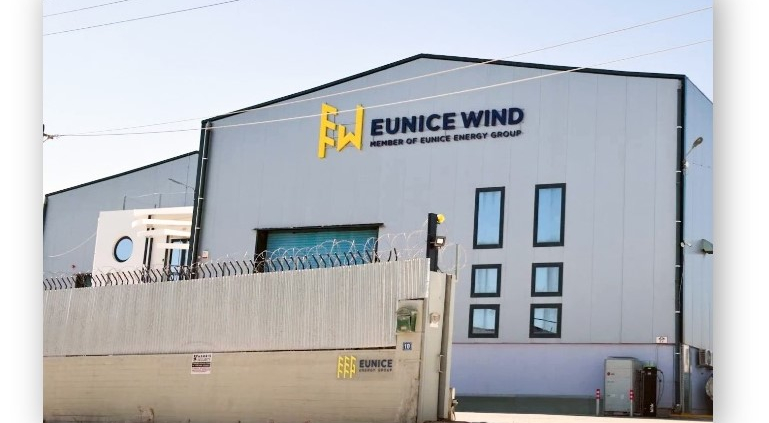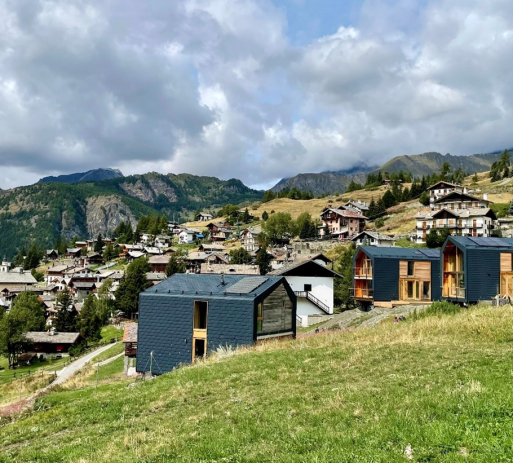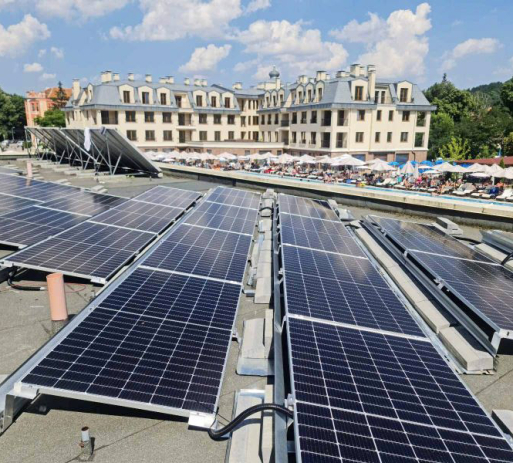EUNICE’s role in DATA CELLAR driving renewable energy innovation
EUNICE is a Green Tech & Energy Solution Integrator producing 100% renewable electricity with a portfolio of 100MW of Wind and Solar Parks and 1.65GW of RES in pipeline. The activities of EUNICE cover the whole spectrum of the energy value chain, including the development, investment, construction and operation of RES & H2 projects and smart micro-grids, as well as manufacturing of high-tech RES and e-Mobility products.
Which is the role of EUNICE in DATA CELLAR?
Within the context of DATA CELLAR Project, EUNICE will utilise Thoi Renewable Energy Community, as a Validation Case for the DATACELLAR Dataspace with the ambition to promote a social and solidarity economy and innovation in the energy sector through sustainable and efficient energy consumption technologies and practices.
The Thoi Renewable Energy Community is comprised by 20 – so far – members of the Eunice Energy Group staff with the below objectives among others:
- The installation of RES stations, High Efficiency Electricity-Heat Cogeneration stations and Hybrid Stations for the production of energy, storage, self-consumption and/or sale of electricity or thermal or refrigeration energy from RES stations and HEEHC stations within the Attica Region.
- The utilization of energy-efficient products, devices and facilities (e.g. smart power meters, smart relays, smart plugs, CO2 sensors temperature sensors, microgrid monitoring and automation systems, radiator valves) and the integration of them with energy storage and RES, in order to reduce energy consumption and improve energy efficiency.
- Demand management services, aiming at reducing the end consumption of electricity and the representation of producers and consumers in the electricity market and in general the ECs’ activity in the representation market (aggregation).
Thoi Energy Community is characterised twofold as it is both industrial and urban. The industrial part of the LEC is referred to our factory premises in Mandra, Attiki Greece, of around 30 users, where small wind turbines of installed power 50kW and EV chargers (one socket or two socket AC 22kW) are produced.
The urban part is at an Early-Stage Level (some preliminary energy demand profiles/production opportunities already identified) and planned to begin its operation between Q3-Q4 of 2024. The expected number will be approximately 20-30 members. The scope is to install up to 500kW PV and potential small wind turbines in a residential district in the Attica region, in order to provide with renewable energy local buildings of the LEC’s members.
Why is EUNICE important for the DATA CELLAR project?
Data to be provided by Thoi Renewable Energy Community, to populate DATACELLAR will be both real time data from smart meters as well as historical data. The data are stored in cloud platform as well as in local SCADA system. Concerning the GDPR rules, there are encrypted communication protocols between IOT devices and WT/PV inverters with the cloud platform, SSL encryption and login infrastructure for the members (authorization and authentication).
The ultimate goal is the following: i) enhancement of current energy management systems and integration of innovative energy generation and management techniques, ii) promotion of RES and energy storage projects and increased profit of LEC members through better forecasting techniques by utilizing the available AI and ML libraries and services (DSS, Digital Twin) developed within the Data Hub of DATACELLAR and iii) enhancement of the network of energy communities by evaluating new business models to suggest to the community members. In this way Renewable Energy Community operators we will be able to organize, size and operate the energy community in the best way, leveraging the data shared by different stakeholders via AI services/DSS and energy planning tools. Another possible benefit would be the evaluation of ancillary/grid flexibility services provision, based on integration of EU electricity spot-price data shared by other EU members. Finally, data sources connected to EV charging behaviour or tourism will help, to further enhance and validate the in-house developed mobility platform.





